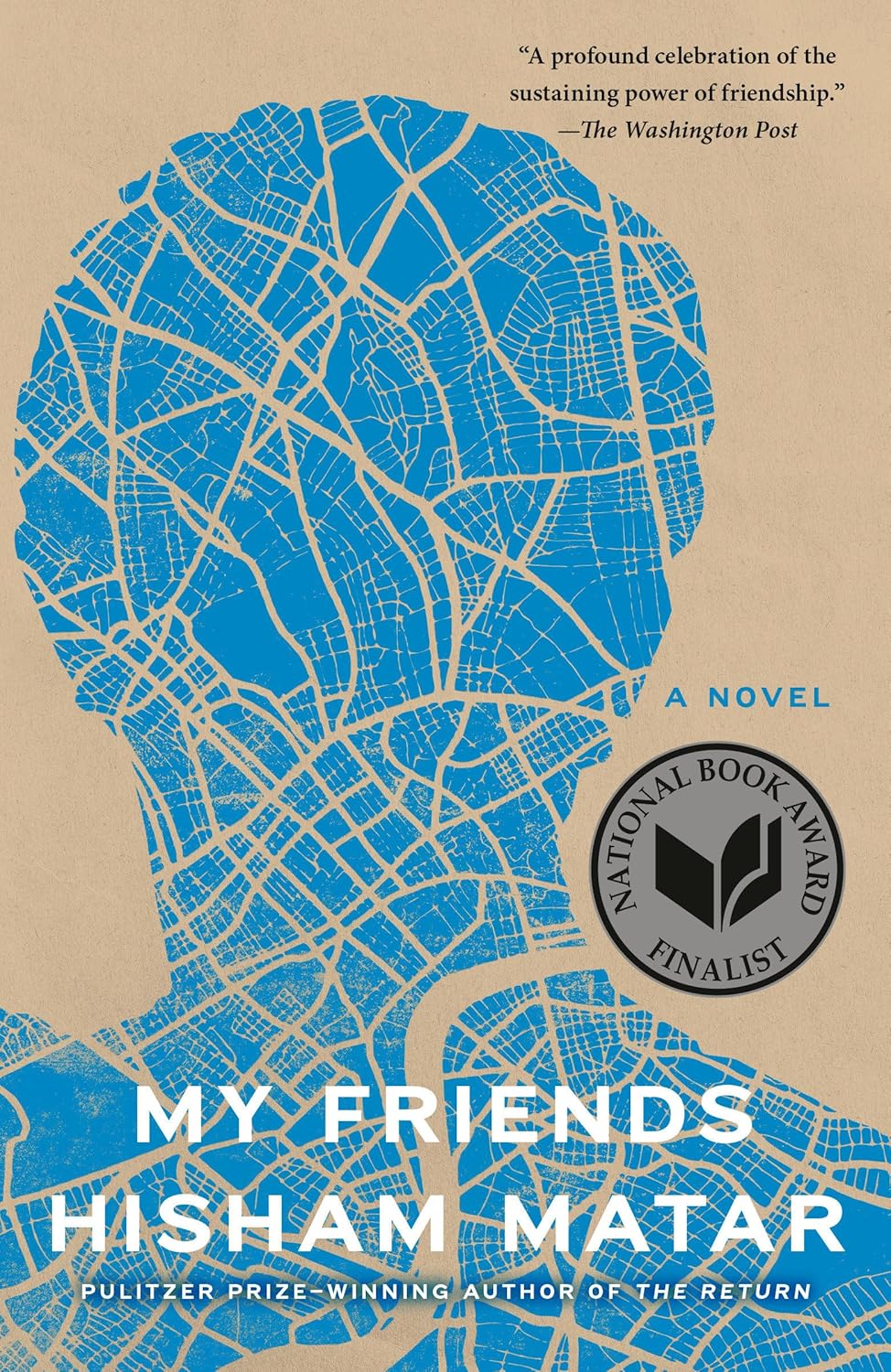Summary | Excerpt | Reviews | Beyond the Book | Readalikes | Genres & Themes | Author Bio

A Novel
by Hisham Matar
I had gone to collect him from the airport, and the whole way home, on the tube from Heathrow to Shepherd's Bush, he spoke in English of little else apart from his new life in America. He did not say anything about the last five years he had spent in Libya, when that was all I hoped to hear about.
"It's mad. I'm as surprised as you are. I mean, to plan to live indefinitely in a country I've never been to before, in a house I've never seen, one my father bought on a whim during a work trip when he was young, long before I was born. And now I'm intending to bring up my child there, in America." After a little pause, during which the train bulleted through the tunnel, he said, "Poor man," referring to his late father.
As the stations passed and the doors opened and closed and passengers left and new ones got on, he told me what he had told me before about how his father had fallen for Northern California.
"He planned to go there every summer, only to then be barred from travel altogether and for the rest of his life."
Here he laughed and I felt obliged to join in.
A young family were now sitting across the aisle from us. The man was black and handsome, with a mild defiant look in his eyes. The woman was white and blond, speaking in near whispers to her son beside her. The boy looked about nine years old, with a ball of curly hair that doubled his head in size and held the light in shades of brown and gold. His mother would occasionally pass her fingers through it. He stood facing us, the boy, with a hand on each parent's knee. He swayed a little as the train moved. There was something slightly performative about them. They knew that they were a beautiful family. The three of them let their eyes rest on us and seemed to be tuning in to what Hosam was saying. He often had this effect on people.
"Can you imagine," he went on, "a house bought on impulse, only to live the rest of your life unable to see it? Even in the hardest of times he refused to rent it. Until Point Reyes"—that was the nearby town—"became allegorical, a byword for the lost and the impossible, my family's Atlantis."
We rose aboveground and the carriage was filled with light. The beautiful family glanced at the view that passed outside the window behind us.
Having shipped all his belongings to California, Hosam was traveling lightly. I recognized the old bag. Small, blue, and battered. It was the same one he had used when he moved back from Paris, and later when he would go with Claire, his girlfriend, to swim in the River Dart in Devon, as they both liked to do from time to time. Seeing the familiar object made me long for those old days when Hosam lived in London and for a good while in the flat beneath me, which occupied the entire ground floor of the mid-terraced house, with an uncared-for garden in the back. My bedroom was directly above their sitting room, and many nights I fell asleep to the soft murmurings of his and Claire's voices.
Things had happened naturally. Hosam had returned to London and the flat below was available. He hesitated at first and I knew not to push. The low rent sealed it. A little while later, Claire moved in. She was Irish, gentle, clever, and with a hard edge that made it clear that you did not have to worry about her, that the last thing she wanted was your concern. I remember once we were waiting for her at a café and she was late. Hosam kept checking his phone. I asked if he was worried. He looked genuinely baffled. "Worried?" he said. "I never worry about Claire." They had met at Trinity College Dublin, where Hosam was reading English and Claire History. She liked to remind us that she too was an exile here.
"But I tell you," Hosam went on, more privately now, leaning closer but continuing to speak in English, "these past few weeks, as we have been packing and arranging for the move, my old man, God have mercy on his soul, has been on my mind. I know it sounds crazy, but I'm convinced he knew this moment would come, that his black sheep—the son who, as he had told my mother, was destined either to achieve great things or else to be a complete failure—might one day turn his back on everything and go to America, the country from where people never return."
Excerpted from My Friends by Hisham Matar. Copyright © 2024 by Hisham Matar. Excerpted by permission of Random House. All rights reserved. No part of this excerpt may be reproduced or reprinted without permission in writing from the publisher.
Your guide toexceptional books
BookBrowse seeks out and recommends the best in contemporary fiction and nonfiction—books that not only engage and entertain but also deepen our understanding of ourselves and the world around us.